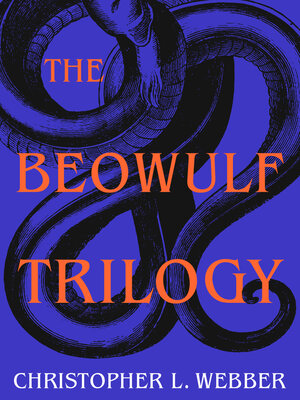
Sign up to save your library
With an OverDrive account, you can save your favorite libraries for at-a-glance information about availability. Find out more about OverDrive accounts.
Find this title in Libby, the library reading app by OverDrive.



Search for a digital library with this title
Title found at these libraries:
| Loading... |
Read an updated translation of the classic English epic poem, and discover what happens next in the two exciting sequels, all collected here in one edition.
About one and a half millennia ago, an anonymous author gave the world Beowulf, the first great epic written in what would become the English language. The poem follows the adventures of Beowulf, hero of the Geats, as he battles the monstrous Grendel, Grendel’s fearsome mother, and a deadly dragon. After the hero meets his death, readers are left with the question: What will happen now? Without their champion, hero, and king, the Geats are defenseless against their enemies.
With The Beowulf Trilogy, author Christopher L. Webber shares his own translation of the original epic and also answers the question of what happens next with two epic poems of his own. In Beyond Beowulf, follow the Geats as they welcome a new leader, Wiglaf, the young warrior who aided Beowulf in his encounter with the dragon. He helps the tribe search or a new home while contending with threats from storms, trolls, and the Saxon army. Then, in Yrfa’s Tale, Webber looks beyond the warrior’s viewpoint to give a perspective from Wiglaf’s wife and family, and the emotional toll of their struggle.
In The Beowulf Trilogy, Webber gives readers a complete picture of Beowulf’s world, a somber and magical land full of adventure and turmoil.
Praise for The Beowulf Trilogy
“[Webber’s] translation’s clean, musical lines are excellent for reading aloud. The two sequels also maintain the original’s language and narrative style. . . . Succeeds in both respecting and enriching the venerable original.” —Kirkus Reviews





